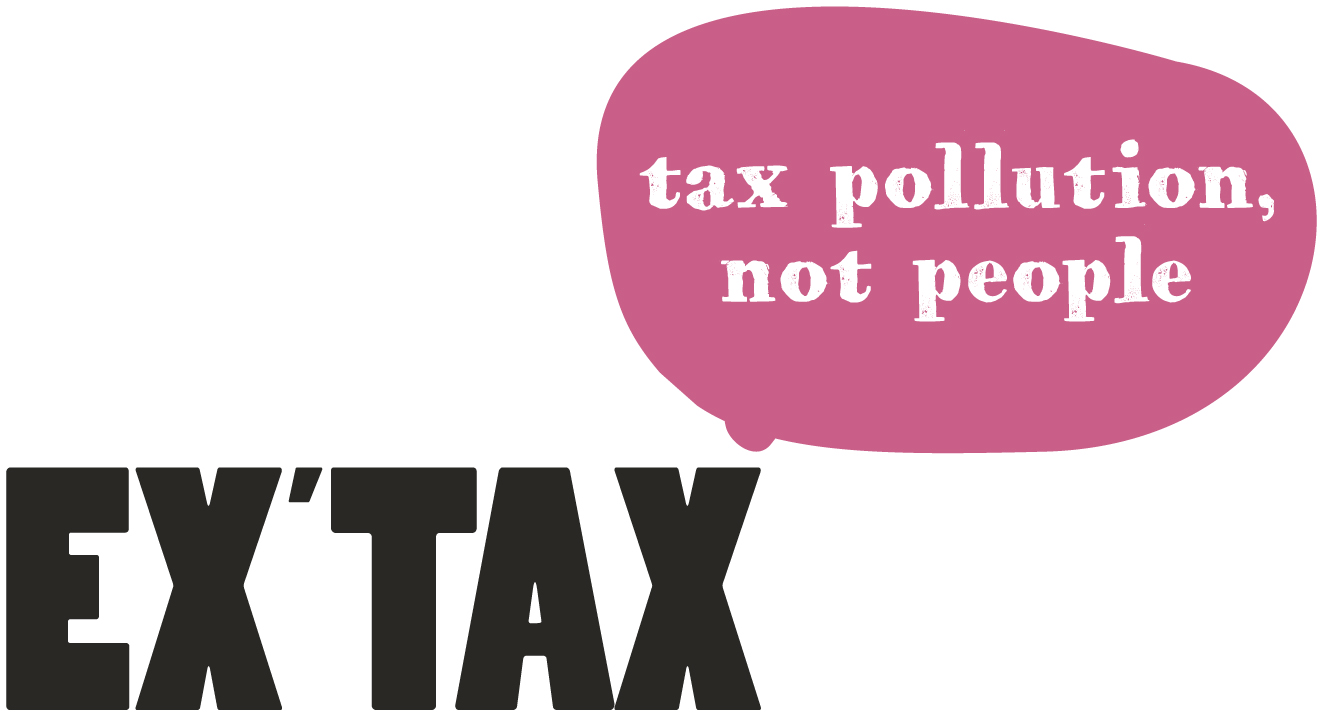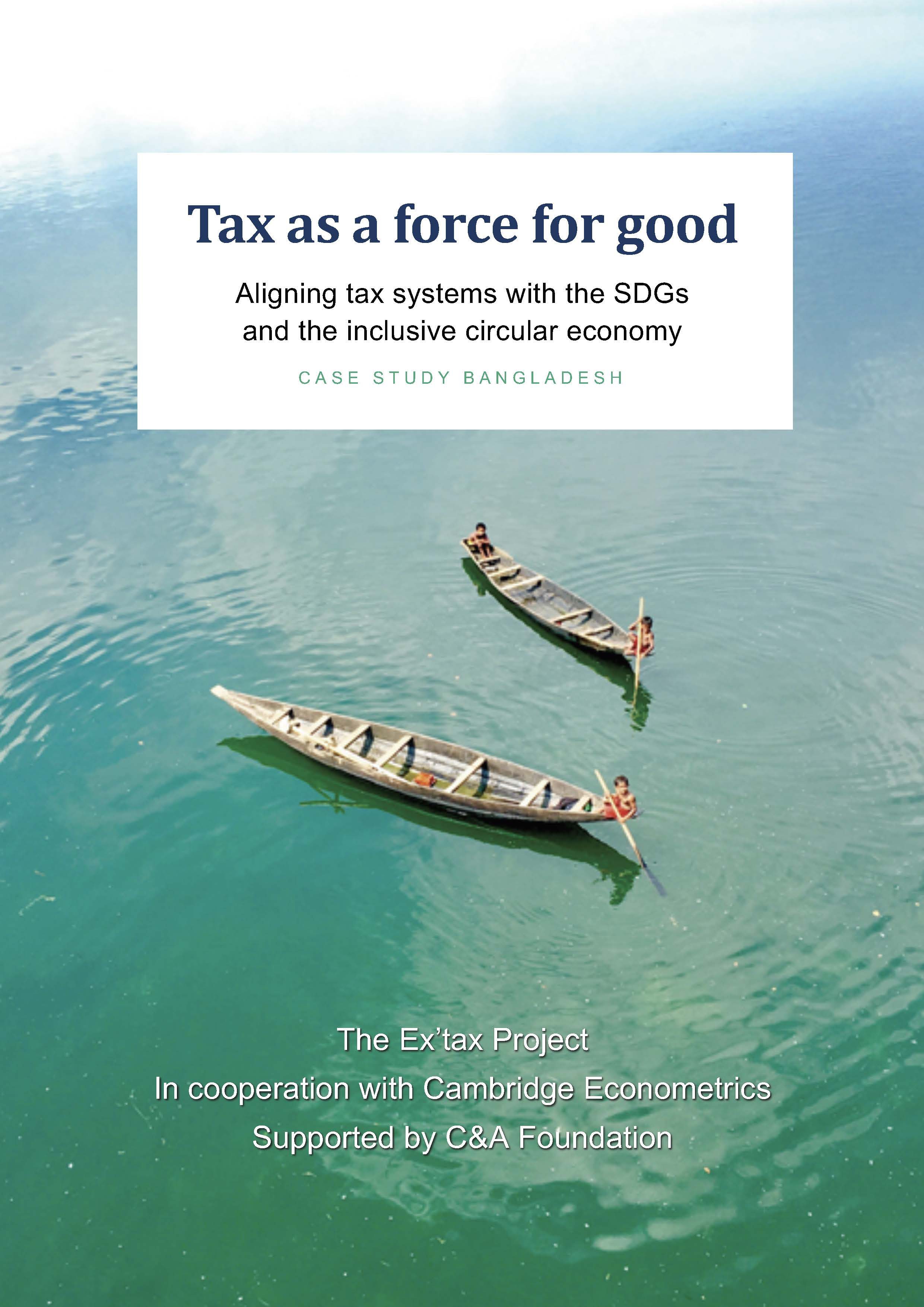The Ex’tax Project (2019), Tax as a force for good. Aligning tax systems with the SDGs and the inclusive circular economy. Case study Bangladesh.
Click to access: Case Study Bangladesh
The Ex’tax Project in cooperation Cambridge Econometrics, supported by C&A Foundation
Abstract:
This study analyses opportunities to align tax systems with the goals of the SDGs and the inclusive circular economy, by putting a price on natural resource use and pollution and using the revenues to lower the tax burden on labour and increase (social) spending.
The case study focusses on Bangladesh. Bangladesh has one of the largest gaps between tax revenue and GDP. The country is highly prone to climate disruption. Pollution levels are high and renewable energy sources provide only a fraction of energy needs. Bangladesh has a large, growing and resilient population. The country has a proven track record of effectively addressing poverty and other challenges. Sustainable inclusive growth is a major national priority.
Cambridge Econometrics has modelled some of the impacts of two preliminary scenarios, which include introducing a price on carbon emissions and phasing out certain fossil fuel subsidies, while using the revenues to invest in clean technologies, infrastructure and income support. The modelling suggests that by 2025, such tax reforms could lead to higher GDP and employment levels, while reducing carbon emissions and energy imports. The transition can be highly progressive when revenues are mainly used to increase social spending.
The findings suggest that tax reform can be a viable strategy to reach the dual goal of socio-economic development and environmental protection.


